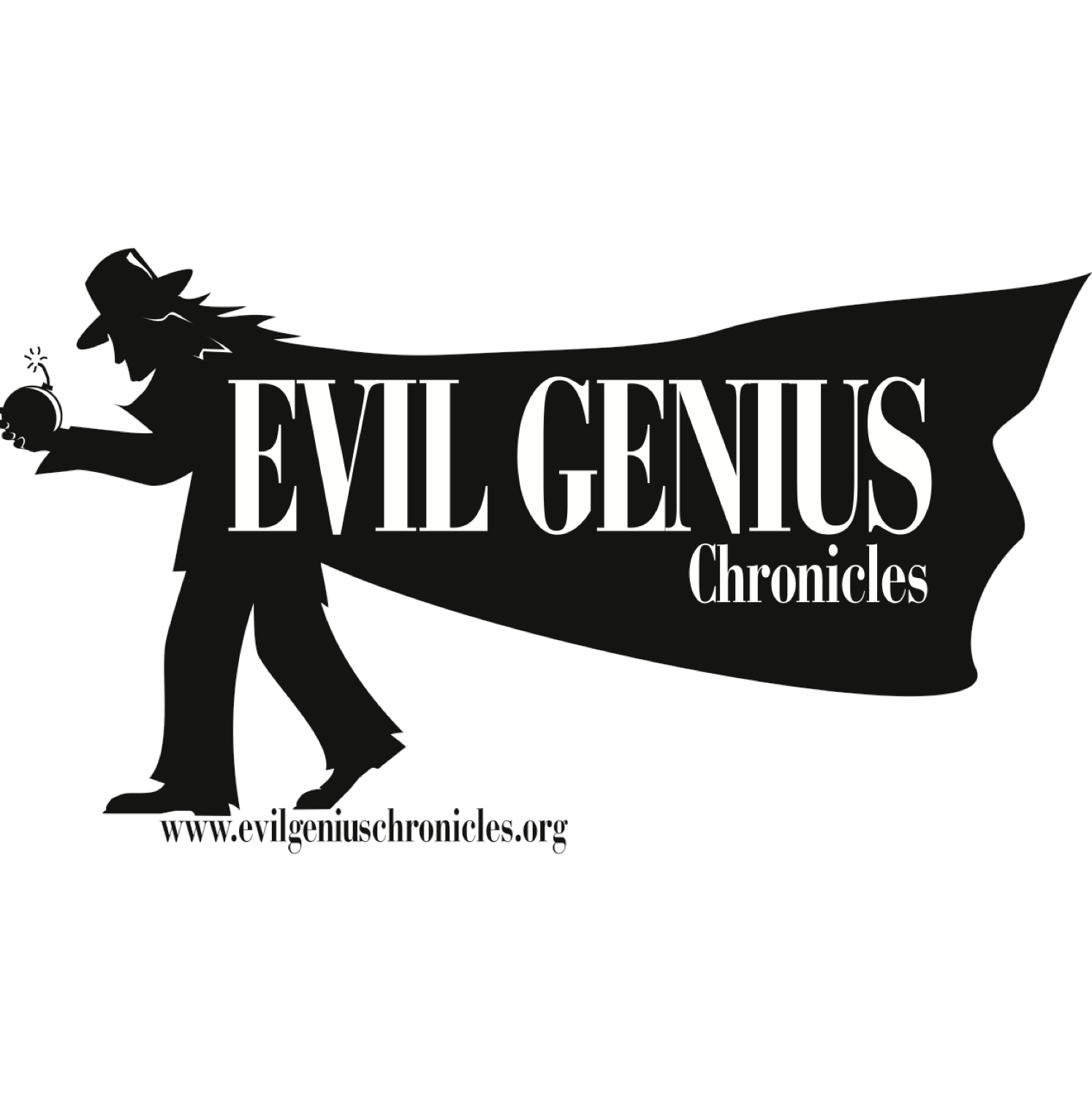Evil Genius ChroniclesEvil Genius Chronicles 
- Red Cross Tally -
- Inside Mac Radio -
- Operation Eden -
- Loopy on Bob -
- The Conversation Continues -
- EGC Clambake for October 10, 2005 -
- Vague Flattery -
- Twinkle in My Jaundiced Eye -
- Age of Miracles -
- Converge South, Day 1+ -
- Stab at the Term -
- Converge South, Day 2, morning -
- Converge South, Day 2, lunch and afternoon -
- Clarify the terms -
- Kevin Converges -
- EGC Clambake for October 10, 2005 -
- Converge South, Day 2, dinner and evening -
- Converge South, Heading Home -
- Downtime -
- Converge South, Final Thoughts -
- Satrapi in Conway -
- Boom! -
- Me on G'Day World -
- Re-Stuff -
- Video Deshaking -
- EGC Clambake for October 14, 2005 -
- Garrick van Buren on the Gentle Readers -
- Reilly Styley -
- Another Crack at the Term -
- Marjane Satrapi at Coastal Carolina University -
- Why I Live in Conway, part 67 -
- EGC Clambake for October 21, 2005 -
- Buy My Blog, Please! -
- East of Eden -
- New Inductee to the Style Council -
- Public Radio and/or Podcasting -
- Game 3 -
- Public Radio v Podcasting: Prelude Step, Normalization -
- 43 Folders Podcast, Standards and Fragmentation -
- Happy Birthday, Rocketboom -
- Speaking of Rocket Boom -
- EGC Clambake for October 26, 2005 -
- Public Radio and Podcasting -
- Sox Win! -
- Rice on the Warpath -
- Production Quality: Coda -
- Slam Idol Podcast -
- Let's Be Clear -
- EGC Clambake for October 28, 2005 -
- Phantom Blogging -
